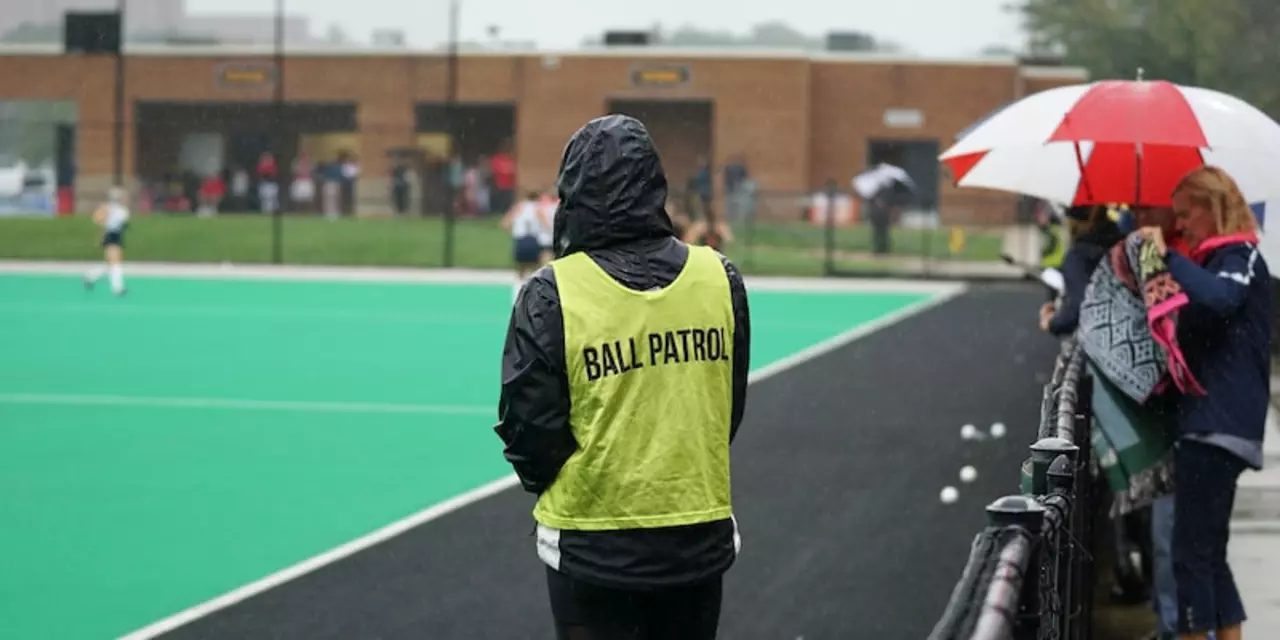Referees: What They Do and How You Can Get Involved
Ever wondered what a referee actually does on the pitch? In field hockey, the referee keeps the game fair, safe and moving at a good pace. They call fouls, signal goals and make sure every player follows the rules. Without them, matches would quickly turn chaotic.
Key Responsibilities of a Hockey Referee
First off, a referee watches the whole field, not just the ball. They need to spot illegal sticks, dangerous plays and any off‑side situations. When they see a breach, they raise the appropriate arm and call a free‑hit or a penalty corner. They also keep track of the match clock and make sure teams swap sides at the right time.
Another big part of the job is communication. A good referee talks to players and coaches, explains decisions and stays calm under pressure. That way, everyone knows what’s happening and can focus on the game rather than arguing.
Safety is a top priority. If a player looks injured, the referee stops play, calls for medical help and makes sure the field is safe before restarting. They also enforce equipment rules – no dangerous sticks or missing shin guards.
How to Become a Referee at Lipson Lions
Thinking about giving refereeing a try? It’s easier than you might think. Start by contacting the club’s coaching staff – they run a short, hands‑on training course every month. The course covers the basic rulebook, signal gestures and how to position yourself on the field.
After the workshop, you’ll be paired with an experienced referee for a few matches. Watching a seasoned official in action is the fastest way to learn timing and confidence. Don’t worry if you make a mistake; the senior refs give constructive feedback and help you improve.
Once you’ve completed the basics, you can sign up for the local officiating league. It’s a great way to earn some extra cash, stay fit and meet other hockey fans. Plus, being a referee gives you a unique view of the game – you’ll notice tactics and player movement that most spectators miss.
If you’re under 18, you’ll need parental consent and a basic first‑aid certificate. The club can help you arrange that training; it only takes a few hours. For adults, a simple background check is enough.
Ready to give it a go? Grab a whistle, sign up for the next training session, and you’ll be on the field in no time. Refereeing isn’t just about enforcing rules; it’s about keeping the love of hockey alive for everyone who plays and watches.
